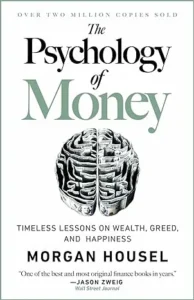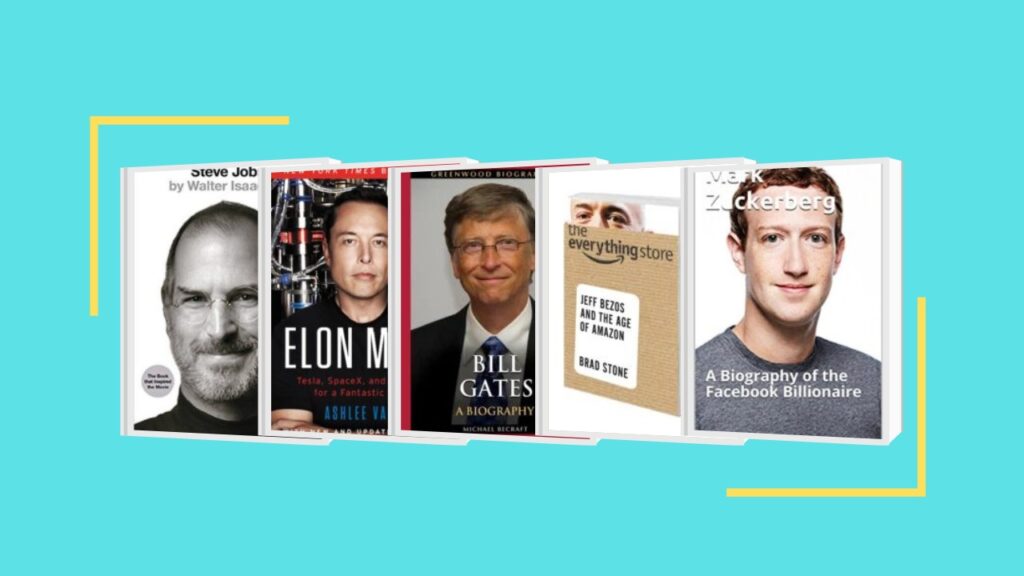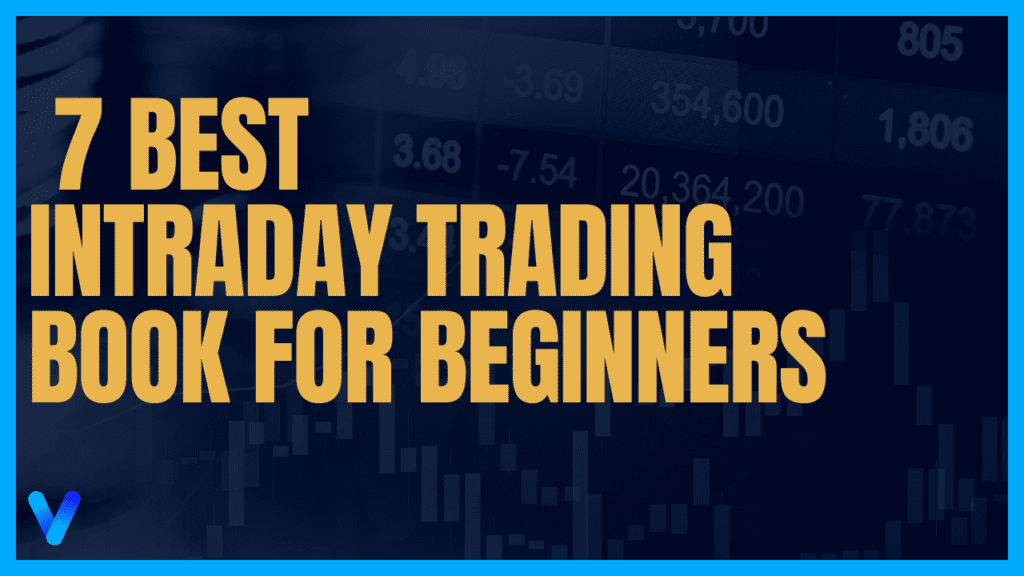Personal finance is a term that covers the concept of money, money management, and debt management as well as saving, investing, and financial decision. Personal finance is a crucial aspect of everyone’s lives, and the importance of managing finance effectively has only become more apparent in recent times. Everyone can achieve financial security and build a foundation for long-term financial success by taking control of personal finance and making informed decisions. Books are among the best resources to learn personal finance because they provide in-depth and comprehensive information on various financial topics and expert advice. but there are so many personal finance books in the market and it can be difficult to choose which one to read. That’s why we have provided a list of the 7 best personal finance books that cover everything from the concept of money and managing your money to investing and building wealth.
Factor to consider when choosing the best personal finance book
When selecting a personal finance book, it’s important to consider several factors to ensure it aligns with your needs and goals. here are some key factor to consider:
- Author’s Expertise: You should choose a book that is written by someone who has the credentials and expertise to offer reliable and relevant advice. You can chek the author’s background, qualifications, achievement, and review to see if they have the authority and credibility to write about personal finance. You can also look for authors’s hand-on experience as a financial advisor, investment manager, or economist.
- Your financial goals:- When you’re choosing a financial book, always choose a book that aligns with your goals. if you want to achieve financial independence in your life, you might want to read a book that theaches you how to save money, spend less, and inevest wisely.
- Financial knowledge:- If you are a beginner in financial world then always choose a book that matches your current level of knowledge and experience with personal finance.
- Reader reviews and ratings: Before choosing a personal finance book, reading reviews from other readers is a good idea. this can give you insights into the book’s pros and cons and whether it is a good fit for you.
Best Personal Finance books
1. The Psychology of Money by Morgan Housel

About Book:
“The Psychology of money” is a popular personal finance by Morgan Housel. In this book Morgan Housal explores the relationship between individuals and money, delving into the various ways people think, feel, and behave in financial matters. the book aims to help readers understand their own money habits and baises, and how thay can improve their financial decidecisions and outcomes.
According to Morgan Housal money is not just about math and formulas, it’s also about our emotions, our psychology, and our personal experience. In this book, he share 19 stories that illustrate how these factors can influence our financial decision.
About Author:
Morgan Housel is a partner at the Collaborative Fund, a venture capital firm that invests in companies. he is one of the most influential and respected voices in the field of personal finance. he is the author of two bestselling Psychology Of Money and Same As Ever. morgan Housel is an expert on behavioral finance and history, and a former finance columnist at the Motley Fool and the Wall Street Journal.
2. The Total Money Makeover by Dave Ramsey

About Book:
The Total Money Makeover by Dave Ramsey is a well-known personal finance book that provides a step-by-step plan to get out of debt, stay out of debt, build wealth, and achieve financial freedom. this book is based on seven simple steps that Ramsey calls “baby steps”. Here is a summary of the book and its main topics:
- Step:1 save $1000 for an emergency fund. This money will be there for you if you have an unexpected expenses. Building an emergency fund is a fundamental step in the plan.
- Step:2 pay off all your non-mortage debt using debt snowball method. One of the central concepts of the book is the debt snowball method. Ramsey advocates for paying off your smallest debts first, regardless of interest rates, to gain momentum and motivation as you see progress. once the smallesr debt is paid off, you move on to the next, and so on.
- Step:3 save 3 to 6 month of expemses for fully funded emergency fund. this will protect you from major financial crises and give you a peace of mind.
- Step:4 Invest 15% of your household income for retirement.
- Step:5 Save for your children’s college education.
- Step:6 Pay off your mortage early. This will save you thousands of dollars in interset over the life of the loan.
- Step:7 Build wealth and give generously.
The book also includes real-life stories of people who have successfully followed Dave Ramsey’s plan and achieved financial success, which can be motivating for readers looking to make similar changes in their lives. if you are serious about getting your financial success, I recommend reading The Total Money Makeover and following the seven-step plan. it is a proven plan that has helped millions of people achieve financial success.
About Author:
Dave Ramsey, the author of “The Total Money Makeover”, is a well-known American personal finance expert, radio host, author, and motivational speaker. dave is a #1 national bestselling author and host of the Ramsey show, heard by more than 18 million listeners each week. Since 1992, dance has helped people take control of their money, build wealth, and enhance their lives.
3. Why Didn’t They Teach Me This In School? by Cary Siegel

About Book:
Cary Siegel’s book, Why Didn’t They Teach Me This In School? 99 Personal Money Management Principles To Live By, is a personal finance book designed to provide personal money management skills and life advice that is rarely covered in traditional educational curricula. the book includes eight important lessons focusing on 99 principles that will quickly and memorably enhance any individual’s money management acumen.
The book covers a wide range of topics, including budgeting, saving, investing, managing debt, and making smart financial decisions. it’s meant to help readers, especially young adults and recent graduates, navigate the complexities of personal finance and make informed choices about their money.
About Author:
Cary Siegel, the author of Why Didn’t they teach me this in school? 99 personal money management principles to live by, is a retired business executive who led several marketing and sales organizations. he earned his MBA from the University of Chicago and began his career in brand management with Kraft. He is known for his work in the field of personal finance education and has written this book to help individuals gain a better understanding of managing their finances and making smart financial decisions.
4. I Will Teach You To Be Rich by Ramit Sethi

About Book:
Ramit Sethi has written several books on personal finance and wealth-building, one of his most well-known books is “I Will Teach You To Be Rich”. This book is a comprehensive guide to managing your money and achieving financial success. the book is divided into two parts: the first part covers the basics of personal finance, such as budgeting, saving, and investing. the second part of the book focuses on more advanced topics, such as real estate investing and retirement planning.
The book was first published in 2009 and became a New York Times bestseller. it has been updated and revised in 2019 to reflect the changes in the economy and technology. One of the key takeaways from the book is that getting rich is not about making a lot of money. it is about making decisions with your money. In this book, Sethi teaches readers how to create a budget that works for them, how to save money without sacrificing their quality of life, and how to invest their money wisely.
This book is known for its practical and actionable advice, as well as its no-nonsense approach to personal finance. it’s a great resource for those looking to take control of their financial future and build wealth over time.
About Author:
Ramit Sethi is an American author, entrepreneur, and personal finance expert. he is best for his books and online courses on personal finance, career development, and entrepreneurship. He is known for his practical and actionable advice. he believes that everyone can get rich, regardless of their income or background. he teaches people how to create a budget, save money, invest their money wisely, and live below their means.
5. The millionaire next door by Thomas J. Stanley

About Book:
The Millionaire Next Dore is a 1996 book by Thomas J. Stanley and William D. Danko that explores the habits, lifestyle, and characteristics of wealthy individuals in the United States and offers insights into how ordinary people can accumulate wealth and become millionaires. The book is based on extensive research and interviews on who the wealthy are in America and how they got that way. This book was a New York bestseller for over eighty weeks and has sold over four million copies.
In this book author compares the behavior of two main individuals when it comes to wealth accumulation: “UAWs” (Underaccumulators of wealth) and “PAWs” ( Prodigious Accumulators of wealth).
UAWs are individuals who consistently spend more than they earn, often accumulating debt in the process. They have a low net worth relative to their income and age, meaning they haven’t saved or invested much over time.
PAWs are individuals who accumulate significant wealth over time by living frugally, saving diligently, and investing wisely. They live well below their means. they allocate their time, energy, and money efficiently, in ways conducive to building wealth.
According to this book, “Wealth is not the same as income. if you make a good income each year and spend it all. you are not getting wealthier, you are just living high. Wealth is what you accumulate, not what you spend”.
The Millionaire Next Door is a must-read for anyone who wants to build wealth and achieve financial freedom. it is a practical and straightforward guide to wealth accumulation that is based on real-world research.
About Author:
Thomas J. Stanley was an American author, lecturer, researcher, and business theorist. he was the author and co-author of several award-winning books on America’s wealth, including the New York Times bestseller The Millionaire Next Door. Stanley was a highly respected figure in the financial industry and he was also the chairman of the Affluent Market Institute, a research and consulting firm that specialized in studying the affluent population.
6. Rich Dad Poor Dad by Robert T. kiyosaki

About Book:
Rich Dad Poor Dad is a bestselling personal finance and self-help book written by Robert T. Kiyosaki. The book was first published in 1997 and has since become one of the most popular and influential books in the field of personal finance and wealth-building. the book is based on Kiyosaki’s personal experiences with his two fathers: his biological father ( referred to as “Poor Dad”) and the father of his childhood best friend (referred to as “Rich Dad”). According to Kiyosaki, his rich dad’s advice is what helped him to gain knowledge of finance and acquire wealth.
The book provides a guide to financial literacy and teaches readers about the importance of financial educaton, creating wealth, and achieving financial freedom. One of the central themes of “Rich Dad Poor Dad” is the difference between Working for money and having money work for you. kiyosaki argues that most people work for money, meaning they trade their time for a paycheck on the other hand, the rich have their money work for them, meaning they invest their money in assets that generate income.
About Author:
Robert Tour Kiyosaki is a Japanese-American entrepreneur, businessman, and author. kiyosaki is the founder of Rich Global LLC and the Rich Dad Company, a private financial education company that provides personal finance and business education to people through books and videos. Kiyosaki is the author of more than 26 books, including the international self-published personal finance Rich Dad Poor Dad series of books. kiyosaki is an influential figure in the world of finance. his teaching have inspired millions of people around the world to think critically about their finance and takes control of their future.
7. The Richest Man In Babylon by George S. Clason

About Book:
“The Richest Man in Babylon” is a 1926 book by George S. Clason. The book is one of the best books in the field of personal finance and wealth management. “The Richest Man in Babylon” is set in ancient Babylon and uses parables and stories to impact financial wisdom and principles that are still relevant today.
The book is divided into seven series of short stories and lessons that revolve around the lives of ordinary people living in ancient Babylon. These stories teach readers fundamental principles of financial success, such as the importance of saving, investing wisely, avoiding debt, and living below your means. Each story is designed to illustrate specific financial lessons and is presented in a simple and easy-to-understand manner.
The book is one of the best personal finance book, it’s often recommended as a strating point for those looking to improve their financial literacy and take control of their financial future. the books’s lessons are presented in a storytelling format, which makes it engaging and relatable.
About Author:
George Samuel Clason was a businessman, writer, and financial expert known for his contribution to the field of personal finance literature. Clason wrote several other books on financial success, but The Richest Man in Babylon remains his most famous work. Claosn’s work focused on making financial wisdom accessible to a wide audience through storytelling and simple practical advice. his writing style was engaging and easy to understand, making complex financial concepts more approachable for the average person.



